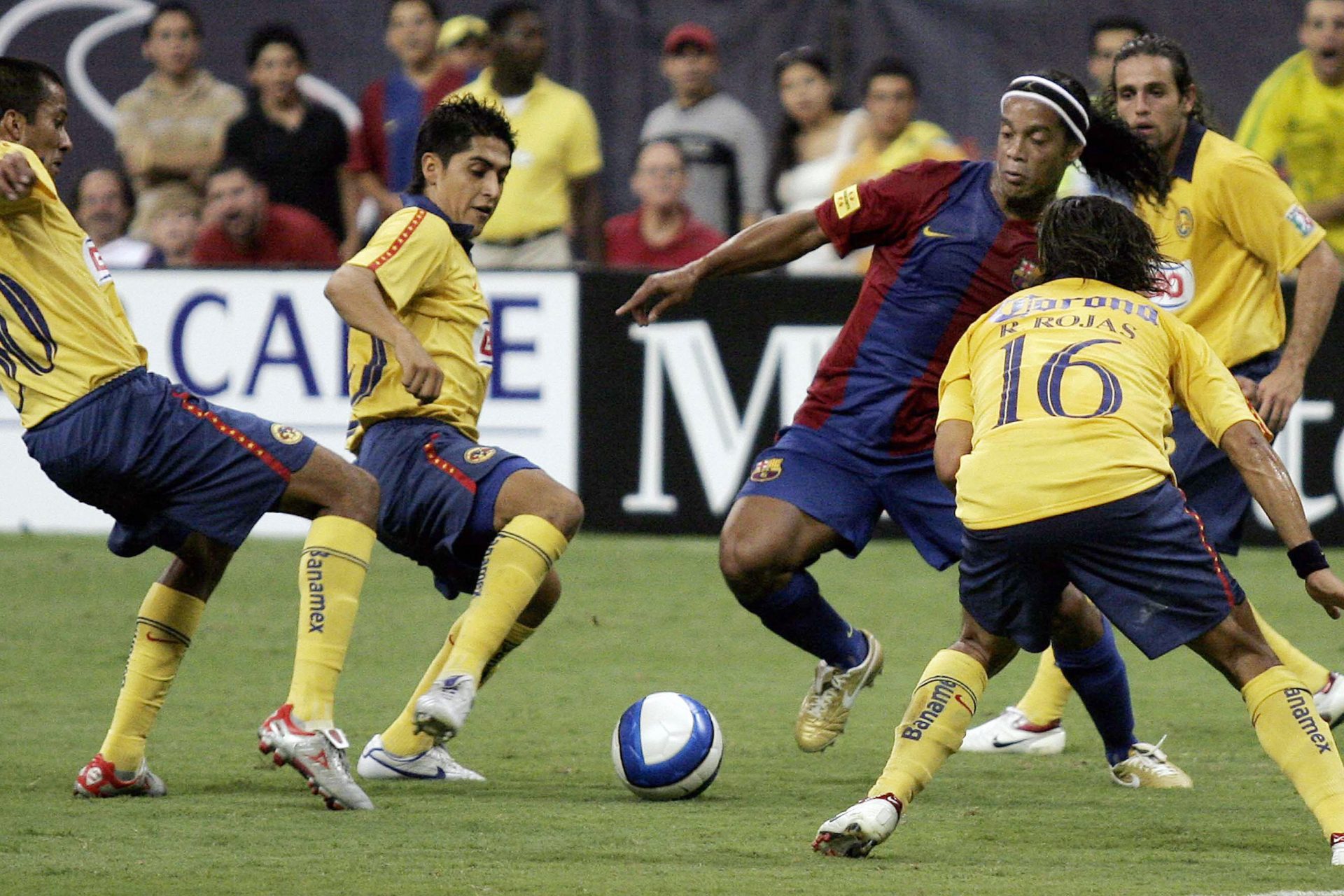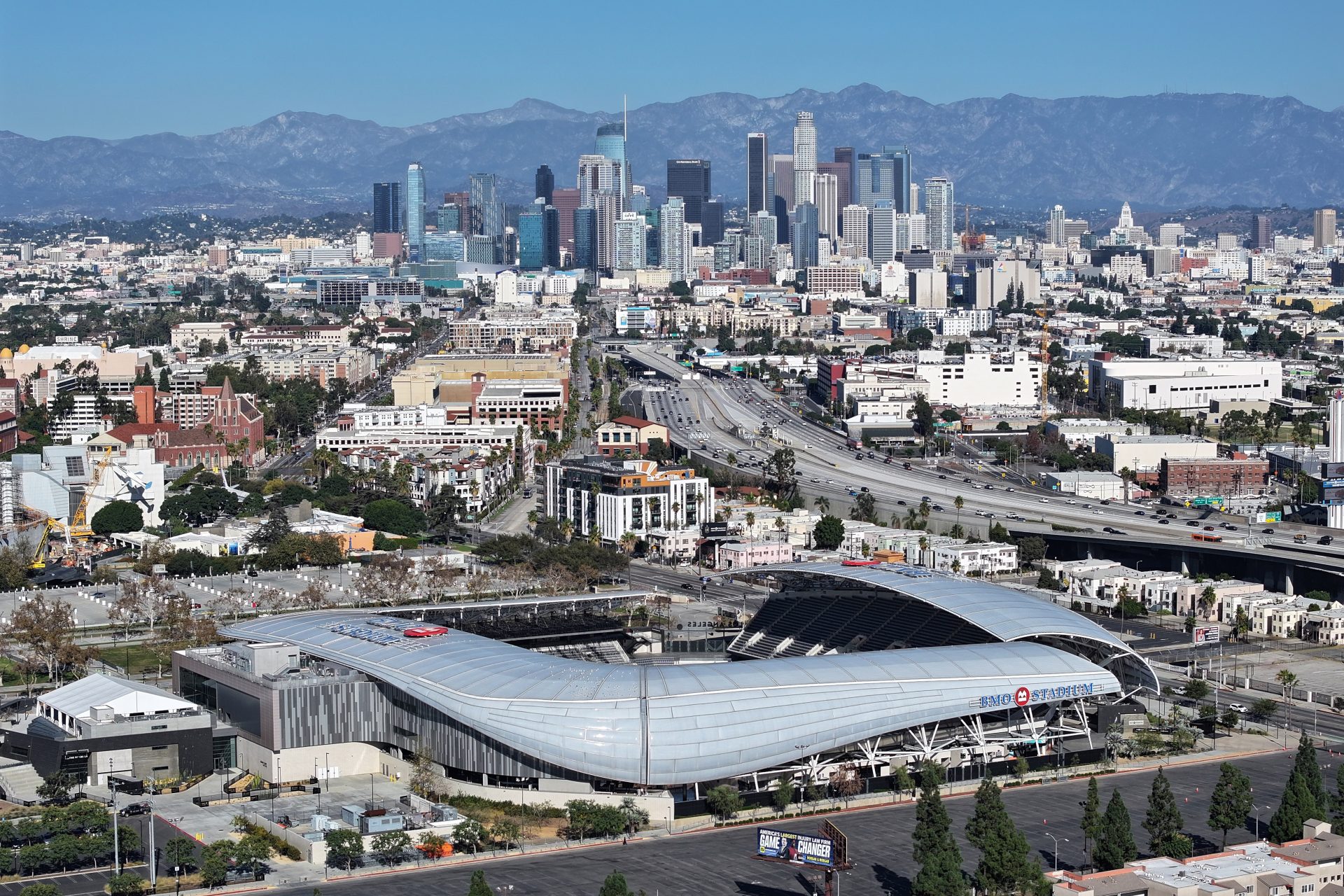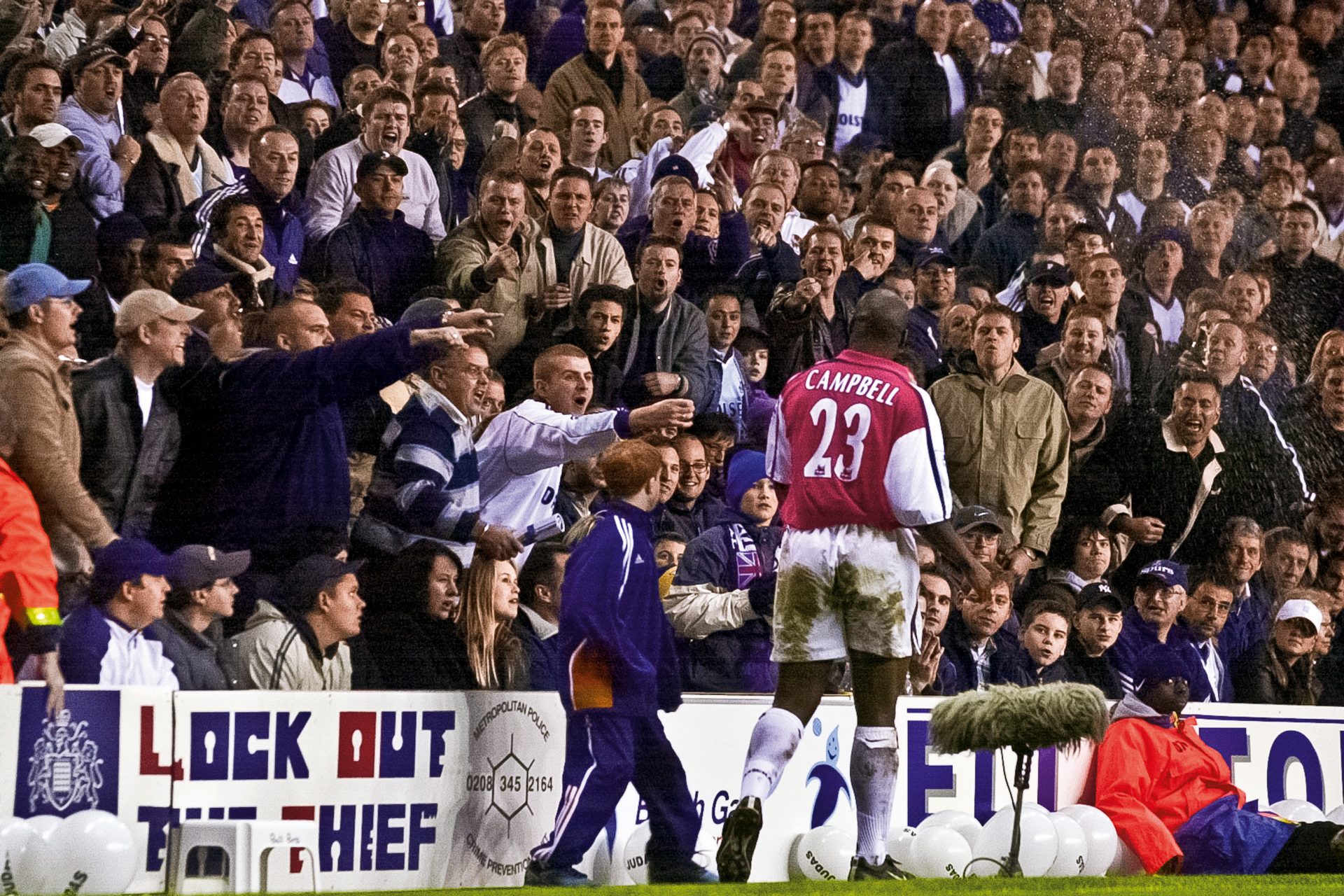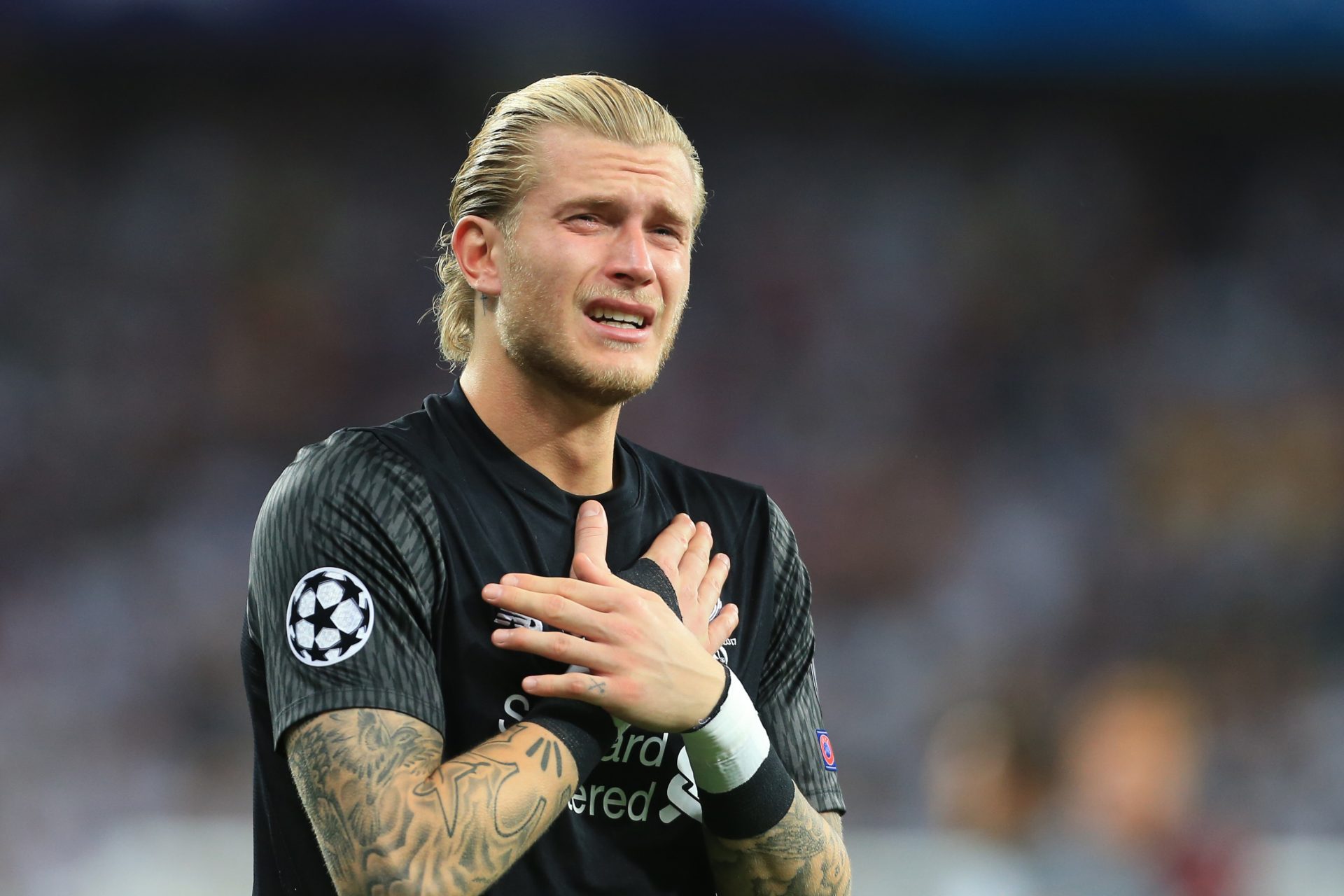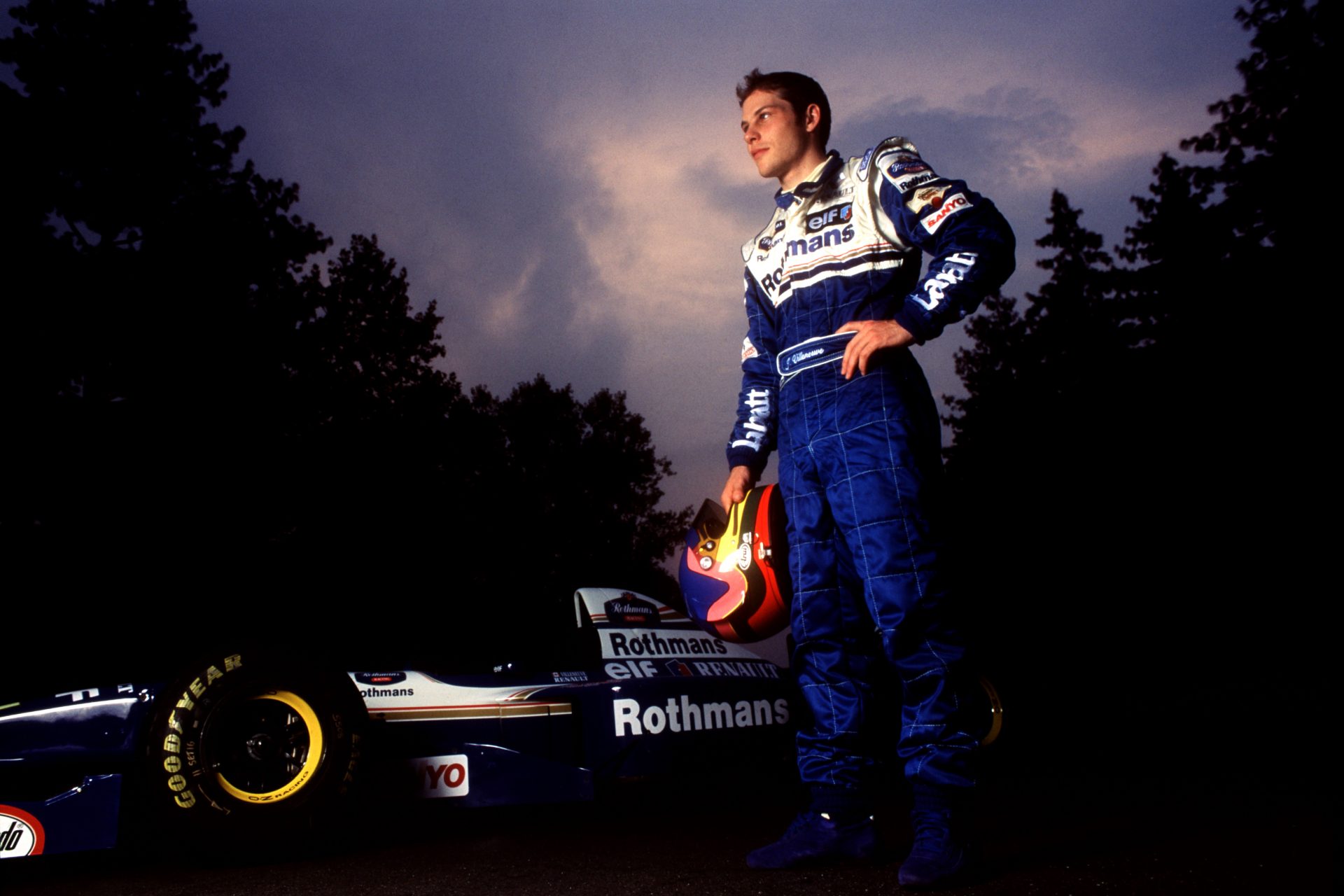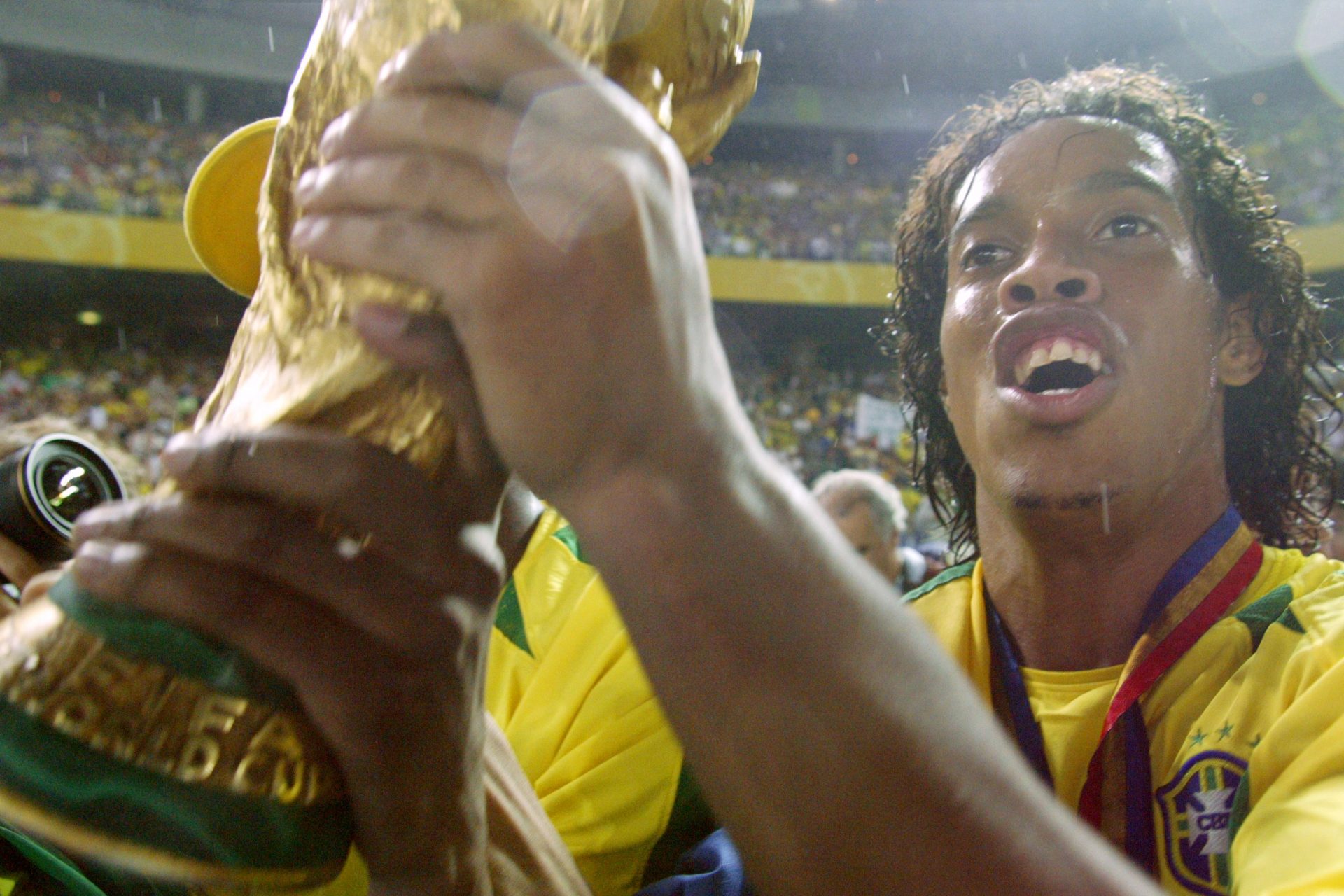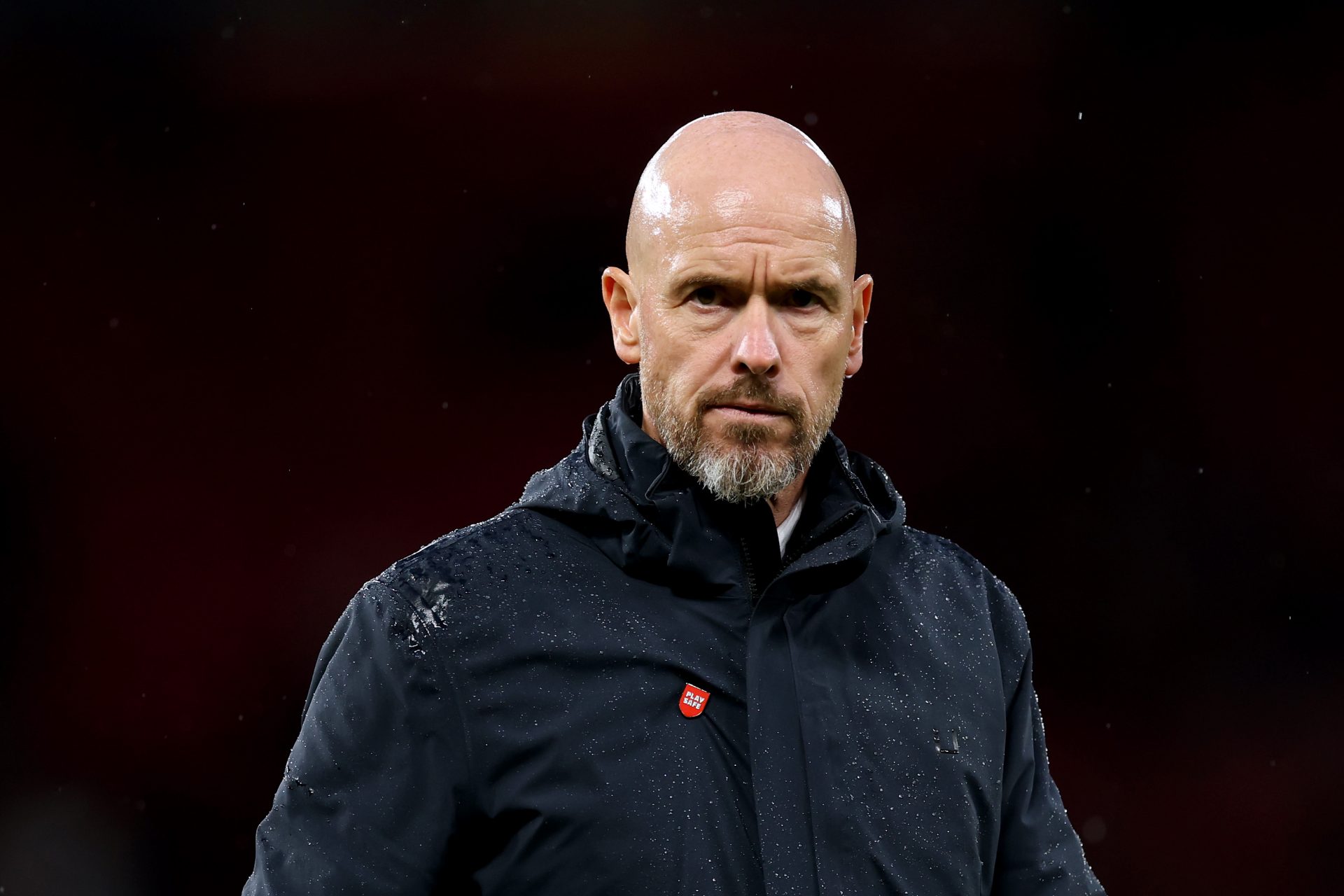Éric Moussambani: The glory of being 'the worst swimmer in the world'
Éric Moussambani Malonga was born in Malabo, capital of Equatorial Guinea, in 1978. His sporting life was nothing short of forgettable, but an unexpected twist of fate turned him into an icon of the Sydney Olympics in 2000.
At just 22 years old, Éric Moussambani arrived at the Olympic event to compete in the 100-meter freestyle swim, having learned to swim just eight months prior. It was here that he would earn himself the unfortunate title of "the worst Olympic swimmer in history".
At 22 years old, Moussambani was an athlete whose results were not good enough to earn himself a place in the country's national team. But the International Olympic Committee approved a quota system so that developing nations would have more participation, even without their athletes achieving the minimum standard for the Olympic event.
Want to see more like this? Follow us here for daily sports news, profiles and analysis!
The government of Equatorial Guinea found out about this and made a call to the African nation: those who are willing to compete in the swimming discipline should appear at the scheduled tests.
Éric Moussambani attended the tests. He neither had a swimsuit nor did he have any swimming technique other than the motions that fishermen in the area where he lived had taught him, as covered by Swimming World.
This is how Moussambani arrived at the tests and... he was selected! The young athlete was going to be an Olympic swimmer after standing out from the pack, largely because there were no other candidates. The only problem? He had to learn how to swim at competition level in eight months.
During that period, Moussambani was able to train in the pool of a hotel in Malabo, which was given to him for a few hours a week. The rest of the days, he trained at dawn on the beach, as reported by Unilad.
Soon enough, the Olympics arrived and Moussambani found himself in an Olympic pool in front of 17,000 people in the stands. Moussambani went from the 12 meters of the hotel pool to the 50 meters of the Olympic pool. A length four times greater that might as well have been an ocean for the aspiring Olympian.
Of course, fate had a surprise prepared for him. In his first race, he competed with the representatives of Niger and Tajikistan, who had arrived in Sydney through the same route. Both were disqualified.
Éric Moussambani had watched competition videos before the event and knew that the referee gave two warning whistles and with the third they had to jump into the pool. Their two rivals did not know it and were dismissed for two invalid starts, as reported by Swimming World.
With millions of people watching the race, Moussambani jumped into the pool and his style raised a number of eyebrows from the fans, but also instilled respect and admiration for such a display of unwavering determination.
Let's not forget, eight months prior Moussambani did not know how to swim and that day he was doing it in front of thousands of people in the flesh, and millions at home. The nerves he must have felt must have been agonizing. Agonizing to watch, too, it must be said. His time was 1:52:72, more than double the World and Olympic Record of that time, 48:18, as reported by Swimming World.
But the public went crazy for Moussambani. There was a standing ovation for an Equatoguinean swimmer who, in less than two minutes, had gone from unknown to meme and from meme to hero. The legend of Éric Moussambani had begun.
With a sponsor contract from Speedo under his arm and four years ahead, Moussambani had one goal in mind: Athens 2004. During that time, he was said to have lowered his record to 56 seconds, but that would have to be confirmed at the 2004 Olympics.
But it was not to be, as Moussambani did not attend the Olympic event due to an inopportune and suspicious visa problem. Eight years later, he would become the swimming coach of Equatorial Guinea, and encouraged the country to build Olympic pools so that the team could train, as Unilad reported.
More than two decades later, swimming is a reality in Equatorial Guinea and Moussambani continues to be an icon of Olympicism. The demonstration that the love of sport is above defeats and technical qualities.
Want to see more like this? Follow us here for daily sports news, profiles and analysis!
More for you
Top Stories



















